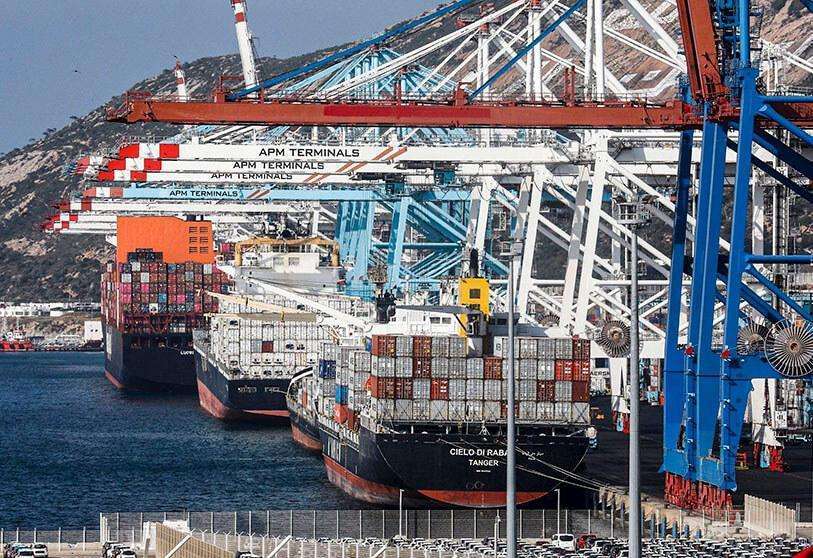Photo: file / App
The United States warned on Tuesday that the adoption of bitcoin as a legal tender in El Salvador complicates the country’s fight against money laundering and terrorism financing.
This is demonstrated by the US State Department in its volume on money laundering from its annual report on the International Narcotics Control Strategy, which was sent to Congress on Tuesday.
“The rapid growth of virtual currencies supports the evolution of various crimes, including money laundering, and presents new challenges for communities and their governments,” the report said in its introduction.
In its section on El Salvador, the document recalls that the Central American country adopted bitcoin as legal tender last year, and in the same period it has made only “limited progress in the fight against money laundering.”
“The introduction of the cryptocurrency bitcoin as a legal currency will only further complicate the fight against money laundering and the fight against the financing of terrorism,” stressed the State Department.
The report cautions that El Salvador’s “dollar economy”, combined with the free movement of citizens in the region, makes the country “attractive to money launderers,” and that there is a “significant lack of oversight in some financial services”.
The US analysis comes two weeks after three US senators presented a legislative initiative for the State Department to draft a plan that “reduces the risk” that Bitcoin adoption in El Salvador has for the US financial system.
Republican Senator Jim Risch stated that cryptocurrency adoption affects the “economic and financial stability” of the Central American country, and “could undermine US sanctions policies, empowering China and organized crime.”
El Salvador’s president, Nayib Bukele, reacted to this US initiative by “staying away from our internal affairs”.
International Monetary Fund (IMF) urges El Salvador to “eliminate the legal tender quality” of bitcoin and express “concern” about the issuance of cryptocurrency-backed bonds.
Risk-measuring agency Fitch Ratings downgraded El Salvador’s long-term credit rating and among those reasons cited “uncertainty” about reaching a deal with the IMF, following bitcoin’s adoption.
In its report, the State Department again cites a hundred countries as the main places for money laundering in the world, a list that has only two changes compared to last year: the departure of Russia and the entry of the Seychelles.
Besides El Salvador, many Latin American and Caribbean countries appear on the list, such as Argentina, Bolivia, Brazil, Colombia, Costa Rica, Cuba, Ecuador, Guatemala, Haiti, Honduras, Mexico, Nicaragua, Panama, Paraguay, Peru, Uruguay, Dominican Republic and Venezuela.
The United States itself also appears on the list, along with Spain and other European countries such as Italy, Britain, Belgium and the Netherlands.

“Entrepreneur. Internet fanatic. Certified zombie scholar. Friendly troublemaker. Bacon expert.”






